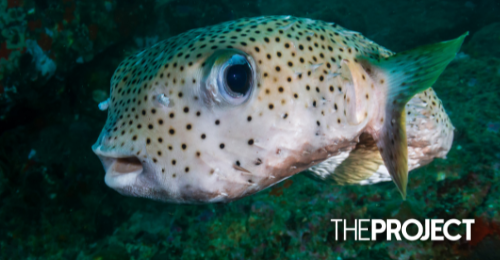Some say that beauty is a man-made construct. If this is so, then surely it is only 'unattractive' humans that suffer the consequences of these vain social preferences. Surely our biases are reserved for our own species, right? Wrong.
A new study from the University of Montpellier in France surmised that 'ugly' fish are more likely to be endangered than 'pretty' fish. The saying, "don't worry, there are plenty more fish in the sea" has never been more hopeful.
How, you ask, have they deciphered what labels a fish 'pretty' or 'ugly'?
The French scientists driving this research used machine-learning to rank thousands of fish species on their aesthetic qualities to humans. A scale for the scaled, if you will. Then, they compared their ranking to their conservation status, and the results were conclusive.
The unsightly fish were more likely to be listed as 'Threatened' than their foxy counterparts, who were categorised as 'Least Concern'. It suggests that we are much more willing to protect the pretty fish over the ugly ones. Have we learnt nothing from 90's rom-coms?
Okay, but what is an attractive fish? The results revealed that humans find bright, colourful fish species with rounder bodies tended to be rated as the most beautiful. Scientifically speaking, we humans find Nemo a total babe.
Fishing rules also leaned in the attractive fishes' favour as it was their ugly mates who were more likely to be caught for consumption. So we don't find them pretty, but we find them pretty easy to eat.
The scientists involved in the study are calling for better conservation of the fish that are less appealing to look at. They found that the hideous fish who are categorised as 'Threatened' are in fact, the most ecologically distinct species most in need of support. They play a larger role in helping the biodiversity of the coral reef, so losing them would have catastrophic consequences to the ecosystem. You hear that, pretty fish? You're useless!
The time has come to support the fish we like to look at the least, because, like all 90's rom-coms, it's the wallflowers who have the greatest impact.





























